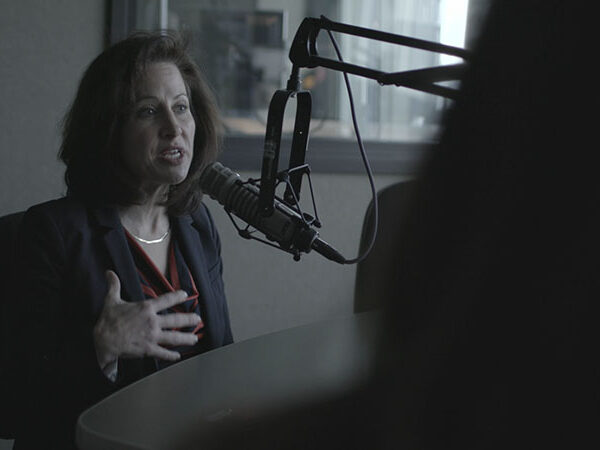CRISIS RESOURCES
If you or a loved one are experiencing any of these crisis signs, get help immediately.
- Thinking or talking about suicide or harming oneself or others
- Researching or planning ways to kill oneself
- Engaging in reckless, self-destructive behaviors
Where to find help:
- Call 911
- Go to the nearest Emergency Room
- Contact the free and confidential 988 Suicide & Crisis Lifeline (24/7). Call or text 988 or chat here.
- If you are a Veteran or calling on behalf of one, contact the free and confidential Veterans Crisis Line (24/7). Call 988, then press 1.
- You can also text 838255 or chat here.
If you or a loved one are experiencing emotional distress due to a natural or human-caused disaster:
- Call or text the Disaster Distress Helpline at 1-800-985-5990.
If you are concerned a friend or family member may be in crisis, check-in by following these 5 evidence-based steps.
Crisis Warning Signs
Here are common warning signs of an impending crisis:
- Withdrawing/isolating from family and friends
- Loss of interest in favorite activities, work, or school
- Sleeping too much or too little
- Feelings of hopelessness/that there is no reason to live
- Feeling sad or depressed most of the time
- Feelings of being a burden to others
- Putting affairs in order, giving away possessions
- Increasing drug and/or alcohol misuse
- Experiencing rage, agitation, or extreme mood swings
- Talking about seeking revenge
If you or a loved one are experiencing any of the above warning signs, reach out for help:
- Call your doctor
- Contact the free, confidential NAMI HelpLine at 1-800-950-NAMI (6264) or text Text NAMI to 62640 , available Monday Through Friday, 10:00 AM – 10:00 PM ET
- If you are a Veteran, Servicemember, or loved one, call Vets4Warriors at 1-855-838-8255 or chat here for 24/7 confidential peer support.
Sources to explore for more information:
FINDING TREATMENT
If you or a loved one are seeking treatment for PTSD, the National Center for PTSD is a great place to start. The Find a Provider section provides helpful considerations when seeking a provider, information on types of providers, and directories for locating a mental health professional.
If you are a Veteran, there are many options for treatment through the VA, at community-based Vet Centers, or at non-VA affiliated programs:
FOR FAMILY AND LOVE ONES
Remember that you can’t change someone, but you can support them. Often, the ones closest to us—our partners, spouses, and children— help us connect to the resources we need. As we see in HERE. IS. BETTER., it is often family members who were the catalyst for their loved one seeking more extensive therapy.
If you are a loved one of a Veteran, check out VA Benefits For Family And Caregivers | Veterans Affairs
If you are concerned a friend or family member may be in crisis, check-in by following these 5 evidence-based steps.

FOR MEDICAL PROFESSIONALS
We meet Dr. Chard, Meredith, Susan, and other professionals in HERE. IS. BETTER. who work with Veterans in different capacities throughout the documentary. In order for them to provide the best care possible and avoid the emotional experiences of burn-out, secondary traumatic stress, compassion fatigue, or vicarious traumatization, self-care is vitally important. Here are resources to explore if you are in the medical field providing support for Veterans and others living with PTSD.

FOR MEDICAL PROFESSIONALS
We meet Dr. Chard, Meredith, Susan, and other professionals in HERE. IS. BETTER. who work with Veterans in different capacities throughout the documentary. In order for them to provide the best care possible and avoid the emotional experiences of burn-out, secondary traumatic stress, compassion fatigue, or vicarious traumatization, self-care is vitally important. Here are resources to explore if you are in the medical field providing support for Veterans and others living with PTSD.
Explore these available resources:
The VA Provider Self-Care Toolkit
Disclaimer
The contents of the PIR website, such as text, graphics, images, and other material contained on the PIR website (“content”) are for informational purposes only. The content is not intended to be a substitute for professional advice, diagnosis, or treatment. Always seek the advice of your mental health professional or other qualified health provider with any questions you may have regarding your condition. Never disregard professional advice or delay in seeking it because of something you have read on the PIR website.
If you are in crisis or you think you may have an emergency, call your doctor or 911 immediately. If you’re having suicidal thoughts, call 988 to talk to a skilled, trained counselor at a crisis center in your area at any time (National Suicide Prevention Lifeline). If you are located outside the United States, call your local emergency line immediately.
PIR is not a direct service organization. PIR does not recommend or endorse any clinicians, counselors, psychiatrists, social workers, physicians, products, procedures, opinions, or other information that may be mentioned on the website. Reliance on any information provided by PIR, PIR employees, others appearing on the website at the invitation of PIR, or other visitors to the website is solely at your own risk.
The website and the content are provided on an “as is” basis.

